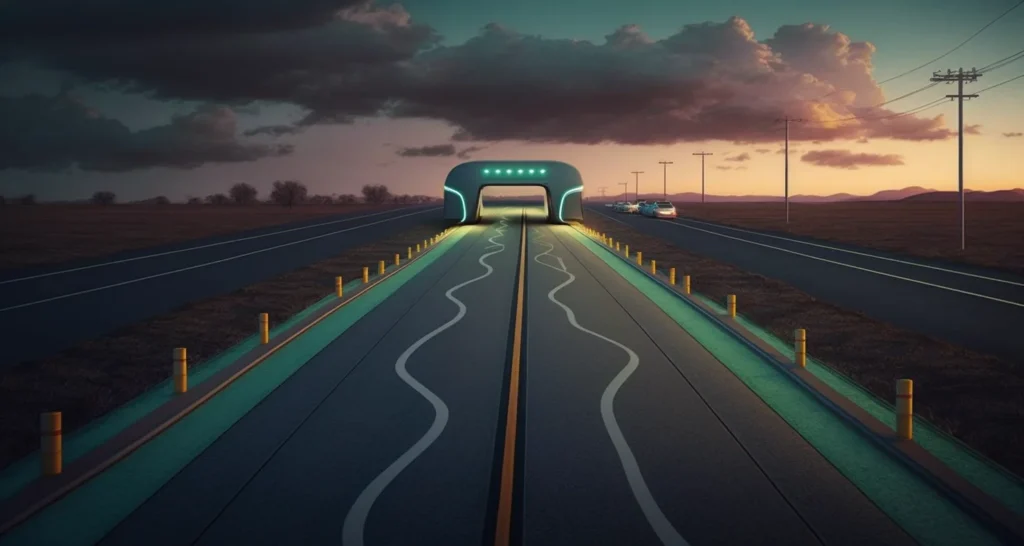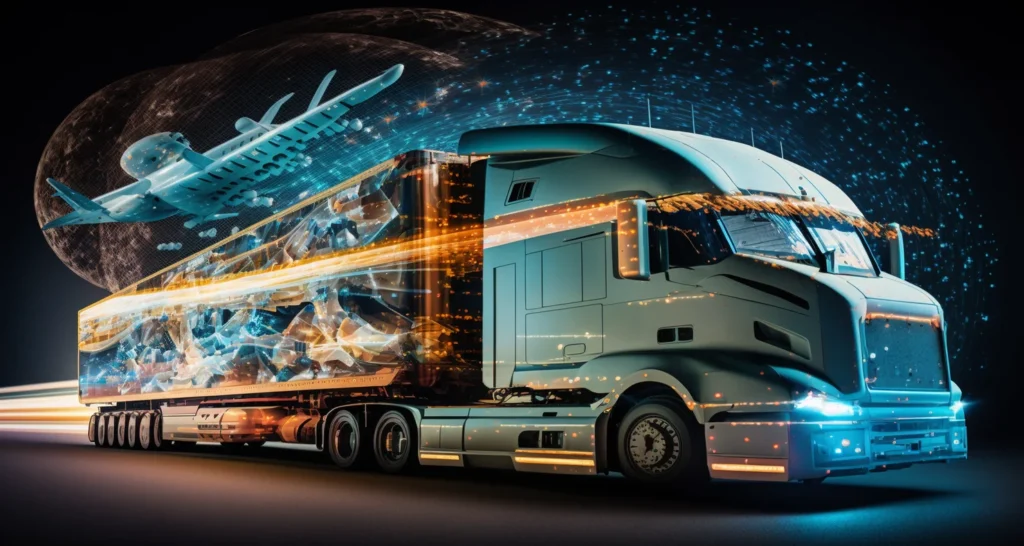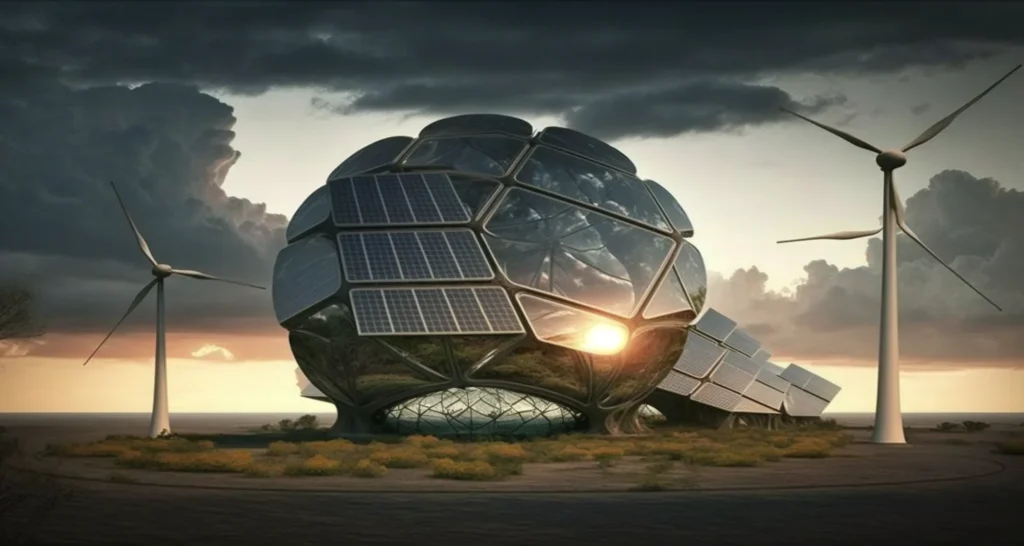As the world moves towards a more sustainable future, the idea of roads that can charge electric cars is gaining momentum. While electric cars offer a cleaner and more efficient way to travel, their limited range and the need for frequent recharging remains a challenge. By embedding charging technology into roads, it is possible to create a more convenient and sustainable way to power electric vehicles. In this article, we will explore what the roads of the future will look like and what they will be capable of.

What are roads that charge cars?
Roads that charge cars are a new form of technology that involves embedding electric charging infrastructure into the road surface. This technology can take several forms, including conductive charging, inductive charging, and solar charging. Conductive charging involves using conductive materials, such as metal strips, to create a charging system. Inductive charging uses an electromagnetic field to transfer energy wirelessly to the car’s batteries. Solar charging involves using photovoltaic cells embedded in the road surface to capture energy from the sun and convert it into electricity.
What will the roads of the future look like?
The roads of the future will look very different from what we are used to today. In addition to charging technology, future roads will also incorporate other advanced technologies, such as intelligent transportation systems, smart traffic management, and advanced safety features. These technologies will help to make roads safer, more efficient, and more sustainable.
One of the most significant changes will be the incorporation of charging infrastructure into the road surface. This will involve installing conductive or inductive charging plates into the road itself, which will allow electric vehicles to charge while they drive. This technology has the potential to eliminate the need for traditional charging stations, which can be inconvenient and time-consuming to use.

What will the roads of the future be capable of?
Roads that charge cars will be capable of charging electric vehicles as they drive, which will significantly increase the range and convenience of electric cars. This technology will also help to reduce carbon emissions, as electric cars are much cleaner than gas-powered vehicles. In addition, the technology can help to reduce traffic congestion, as electric cars will be able to recharge while driving, eliminating the need for frequent stops at charging stations.
Another potential benefit of roads that charge cars is that they could provide a more sustainable source of energy. Solar charging technology can harness the power of the sun to generate electricity, which can be used to power homes and businesses in addition to electric cars.
What awaits us?
As with any new technology, there are challenges to be overcome before roads that charge cars become a reality. One of the biggest challenges is the cost of implementing this technology on a large scale. However, as the technology becomes more widespread and production costs decrease, the cost of implementation is expected to decline.
Another challenge is the need for standardization. With multiple forms of charging technology currently in development, it will be important to establish a common standard that ensures interoperability between different charging systems.
Conclusion
The idea of roads that charge cars represents a significant shift in the way we think about transportation. By embedding charging infrastructure into the road surface, it is possible to create a more sustainable and convenient way to power electric vehicles. While there are still challenges to be overcome, the potential benefits of this technology are significant, and it is likely that we will see the widespread adoption of roads that charge cars in the near future.













